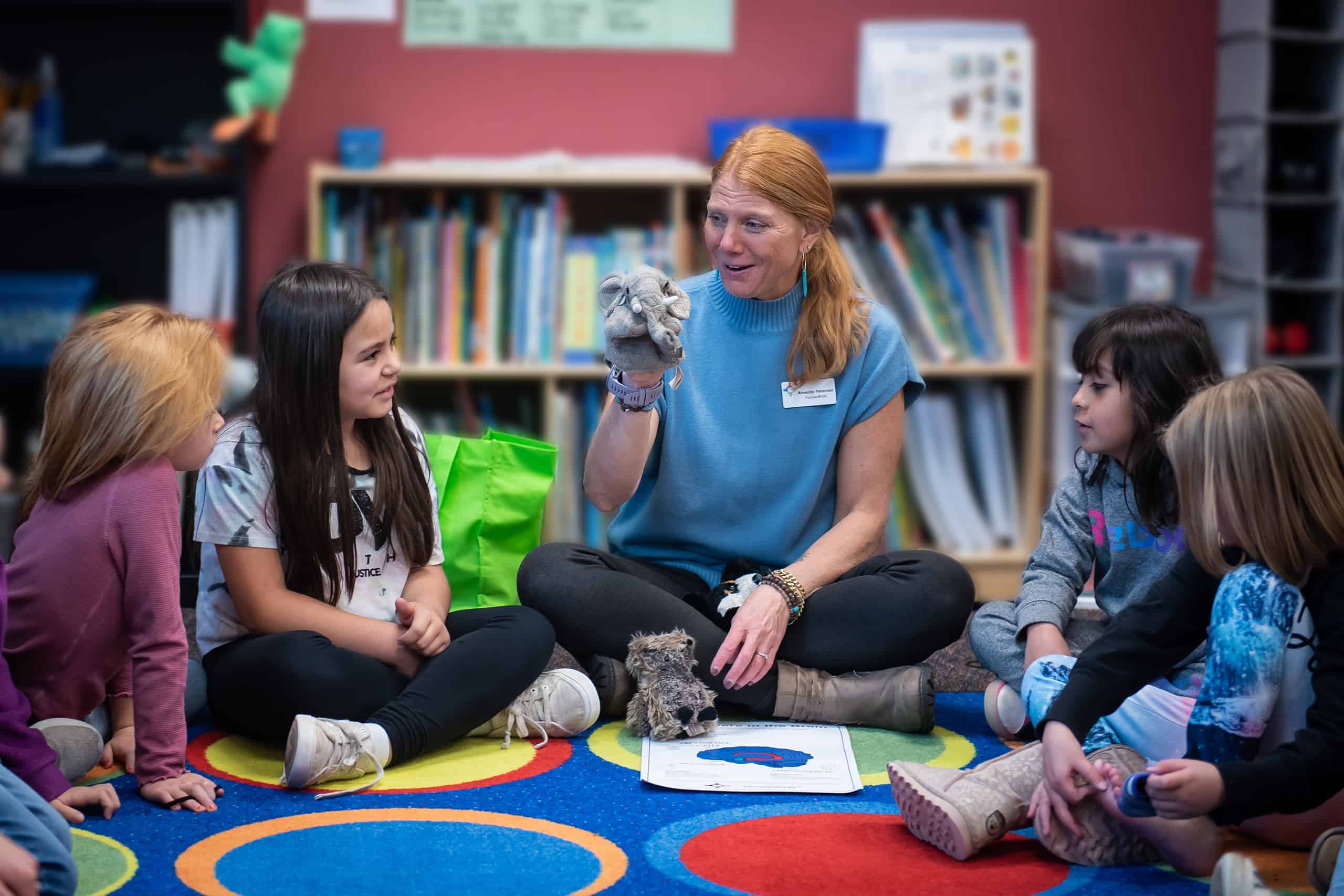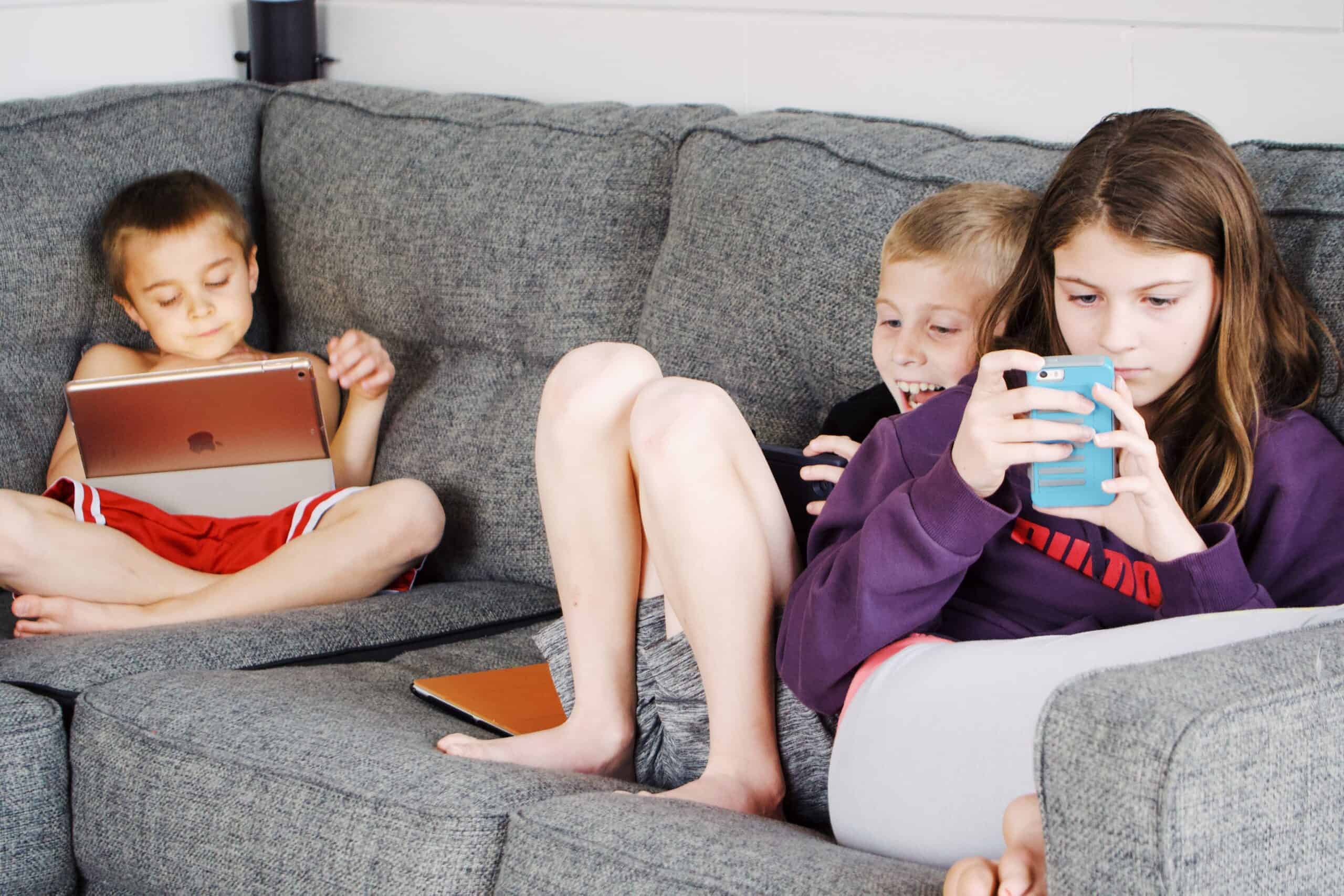FocusedKids Articles for Educators
FocusedKids Articles for Educators
Being an educator is hard. These free SEL resources are designed to make your life as an educator a little bit easier. More importantly, they’ll help you teach your students valuable brain basics and self-regulation skills.
Educators are always requesting more resources and innovative teaching methods to create an engaging and effective learning environment for...
Conversations with both parents and teachers these days seem consumed with what to do about kids and their devices. From...


